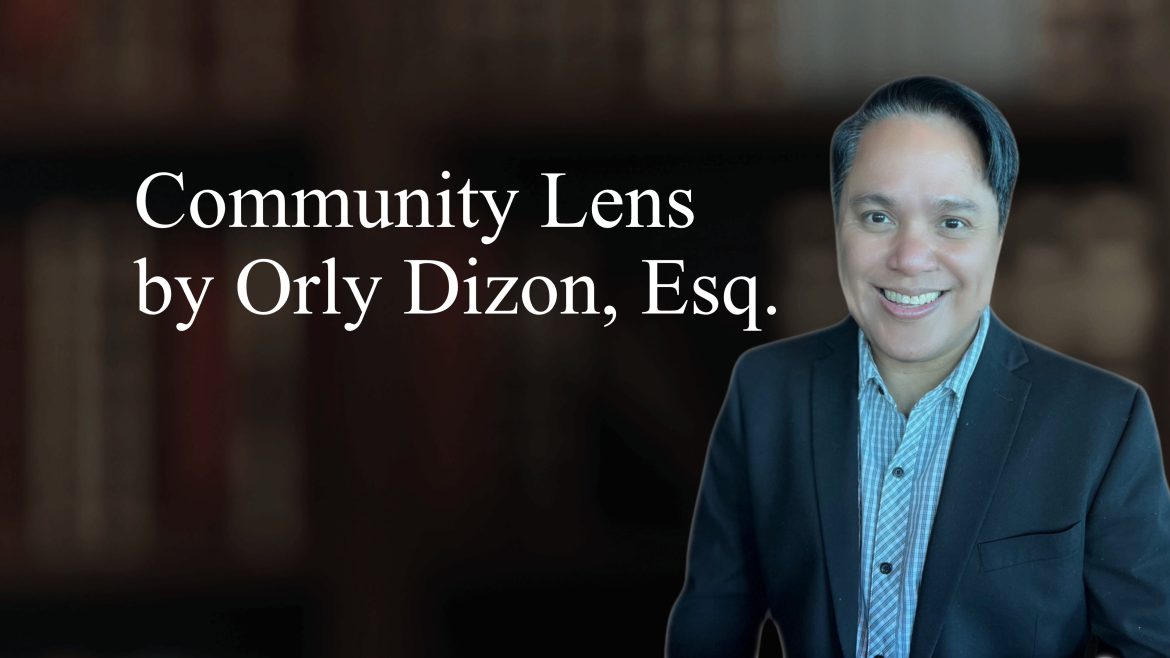The case centered on whether Besaw could deduct $6,760 for noncash charitable contributions reported on his 2019 federal income tax return. The IRS had denied the deduction, citing insufficient documentation. This article explains the facts, legal principles, analysis, and outcome of the case to highlight how critical proper substantiation is for taxpayers who wish to claim charitable contribution deductions.
FACTUAL BACKGROUND
John Henry Besaw and his spouse filed a joint federal income tax return for the 2019 tax year on April 15, 2020. On that return, they claimed a deduction of $6,760 for noncash charitable contributions. Besaw completed and attached Form 8283 (“Noncash Charitable Contributions”), providing the names of the recipient organizations and short descriptions of the items donated.
However, Form 8283 did not include the required dates and values for the donated items.
Following a review, the IRS flagged the return for examination. Upon review, the IRS issued a Notice of Deficiency, disallowing the claimed deduction due to inadequate substantiation.
The agency calculated a resulting tax deficiency of $2,626 and assessed a penalty of $525.
Besaw attempted to support his deduction by submitting receipts and reconstructed documentation.
Nevertheless, the Tax Court found these records deficient under IRS rules.
CENTRAL LEGAL ISSUES
The main question before the Tax Court was: Is John Henry Besaw entitled to a deduction for noncash charitable contributions for the 2019 tax year, considering the IRS’s disallowance based on insufficient substantiation?
KEY LEGAL RULES
Statutory Requirements
* Internal Revenue Code § 170(a)(1): Allows a deduction for charitable contributions, but only if properly substantiated.
* Internal Revenue Code § 170(f)(8): Requires that for any single contribution of $250 or more, the donor must obtain a contemporaneous written acknowledgment from the recipient charity. This acknowledgment must include:
* The amount (or description) of property contributed,
* Whether the recipient provided any goods or services in return,
* A description and good faith estimate of any such goods or services,
IRC § 170(f)(11): Imposes further requirements for noncash donations exceeding $500:
* Detailed records regarding how and when the property was acquired,
* The donor’s cost or basis in the property.
CASE LAW
* INDOPCO, Inc. v. Commissioner (1992): Reminded taxpayers that deductions are “a matter of legislative grace,” meaning taxpayers bear the burden of proving their entitlement to any deduction.
* Welch v. Helvering: Consistent with INDOPCO, emphasized strict compliance with statutory requirements for deductions.
APPLICATION TO BESAW
Documentation Shortcomings
The IRS’s examination revealed that Besaw’s Form 8283 omitted key information:
* No dates of donation,
* No values assigned to individual donated items,
* Some sections of receipts and supporting documents left blank.
Although Besaw provided some reconstructed records and receipts during audit and trial, these failed to satisfy the specific requirements under IRC § 170(f)(![]() and (f)(11).
and (f)(11).
For any noncash contribution over $500, regulations require detailed substantiation—beyond what is needed for smaller donations. The taxpayer must provide records showing when and how they obtained each item, their cost or basis, as well as a fair market value at the time of donation.
COURT’s ANALYSIS
The Tax Court applied IRC § 170 and relevant Treasury Regulations strictly:
* The burden of proof remained with Besaw.
* Lacking contemporaneous acknowledgment with all required elements, and with incomplete Form 8283 attachments, he failed to establish entitlement to the deduction.
* Precedent from INDOPCO and Welch supported this outcome: Deductions are only allowed when all legal conditions are met.
PENALTY DETERMINATION
While the IRS also assessed a $525 penalty under IRC § 6662(a) for an accuracy-related error, the court ruled in Besaw’s favor on this point. The judge found that Besaw acted in good faith and had reasonable cause for his reporting position—even if it was ultimately incorrect—so the penalty was not justified.
RULING
Tax Court ruled that John Henry Besaw was not entitled to deduct $6,760 for noncash charitable contributions in 2019 because he failed to meet strict substantiation requirements under federal tax law. However, he prevailed on the issue of penalties: The court declined to uphold the $525 accuracy-related penalty.
For anyone planning significant noncash charitable donations, this case emphasized the importance of scrupulous recordkeeping and strict adherence to IRS rules.

